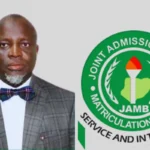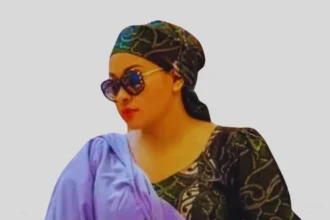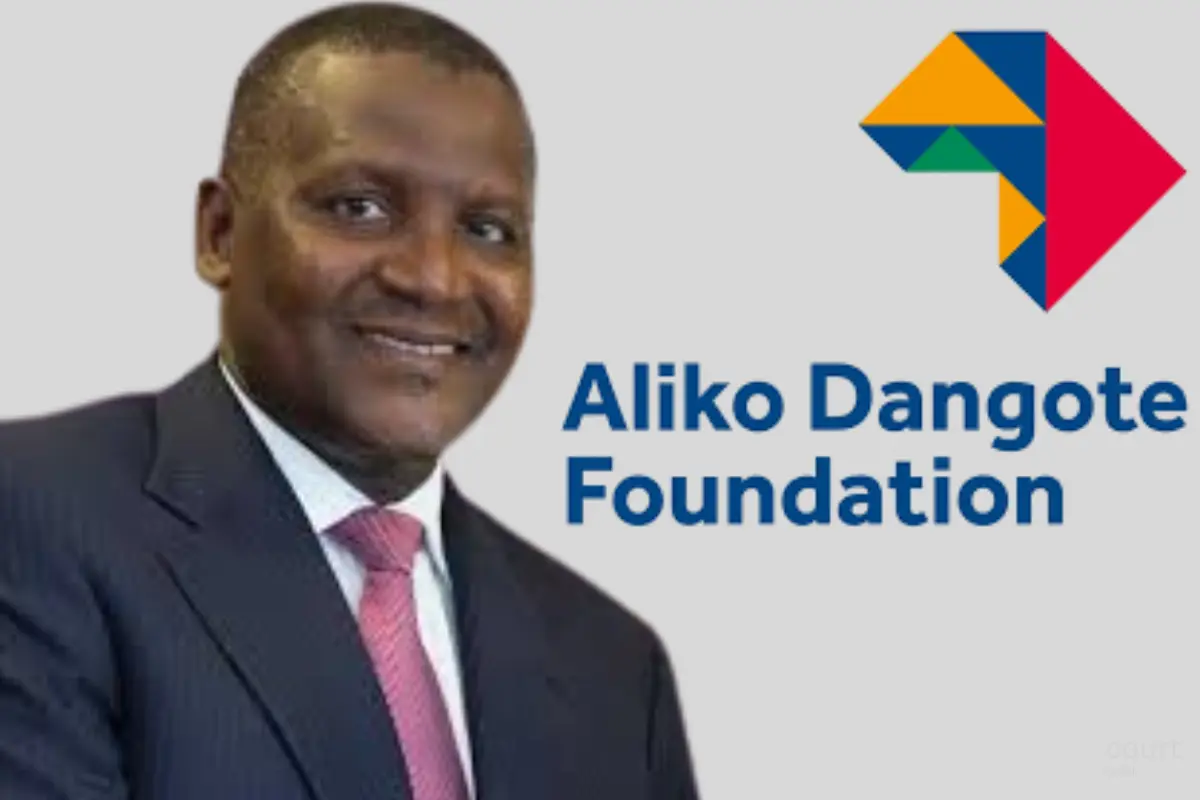The Nigerian Bar Association (NBA) President, Afam Osigwe, SAN, has argued that the corruption often associated with the judiciary is not as pervasive as it is portrayed. In an interview with Sunday PUNCH, Osigwe contended that the judiciary is far from being the most corrupt institution in Nigeria, contrary to recent perceptions.
Referencing reports from the United Nations Office on Drugs and Crime, the National Bureau of Statistics, and various anti-corruption agencies, Osigwe suggested that claims of widespread judicial corruption are frequently exaggerated and not always supported by hard evidence. However, he acknowledged the existence of “a few bad eggs” within the system, whose actions have tarnished the reputation of the judiciary.
Osigwe’s remarks were in response to statements by the Chairman of the Independent Corrupt Practices and Other Related Offences Commission (ICPC), Musa Aliyu, SAN. At the 2024 Annual Lecture and Award Ceremony organized by the Crime Reporters Association of Nigeria, Aliyu had described the justice sector as “highly corrupt.” According to Aliyu, despite limited public interaction with judicial officials, the prevalence of bribery within the system remained alarmingly high, necessitating targeted anti-corruption measures.
While acknowledging some level of corruption, Osigwe maintained that it is not as pervasive as suggested. “We must, as a body in the legal profession, accept that there are some bad eggs among us—lawyers and judges—who have brought disrepute to the judiciary,” he admitted. He called for introspection within the judiciary to understand when and why public confidence in the system began to erode, urging the National Judicial Council to strengthen its disciplinary processes.
Despite Osigwe’s defense of the judiciary, the Nigerian justice system has faced intense scrutiny due to several high-profile and controversial judgments that undermine its credibility. For instance:
- Ahmed Lawan and Bashir Machina Case: The Supreme Court’s decision to declare Senate President Ahmed Lawan as the authentic candidate for the Yobe North senatorial seat—despite not participating in the primary election—drew widespread condemnation. Critics saw this as an overt subversion of electoral laws to serve political interests.
- Hope Uzodinma vs. Emeka Ihedioha: The shocking Supreme Court ruling that declared Hope Uzodinma the winner of the Imo State gubernatorial election, despite finishing fourth in the polls, remains a glaring example of judicial decisions that defy logic and fairness. Many Nigerians view this judgment as a politically motivated act that disregarded the electoral will of the people.
- Senator Adamu Muhammad Bulkachuwa’s Revelation: In a stunning confession, Senator Adamu Bulkachuwa openly admitted to influencing judicial decisions through his wife, Justice Zainab Bulkachuwa, a former President of the Court of Appeal. This revelation starkly underscores the extent of judicial compromise and the intertwining of political and judicial interests.
These instances highlight a judiciary susceptible to external influences, thereby eroding public trust in its integrity. While Osigwe and others within the legal profession may argue for a nuanced view, these cases vividly illustrate how corruption and favoritism have undermined the judiciary’s role as a bastion of justice.
To rebuild trust in Nigeria’s justice system, urgent reforms are required. This includes stricter disciplinary measures by the National Judicial Council, greater transparency in the appointment of judges, and a commitment to insulating the judiciary from political interference. Without such measures, the perception of corruption will persist, and the judiciary will continue to be viewed as an enabler of impunity rather than a defender of justice.

















